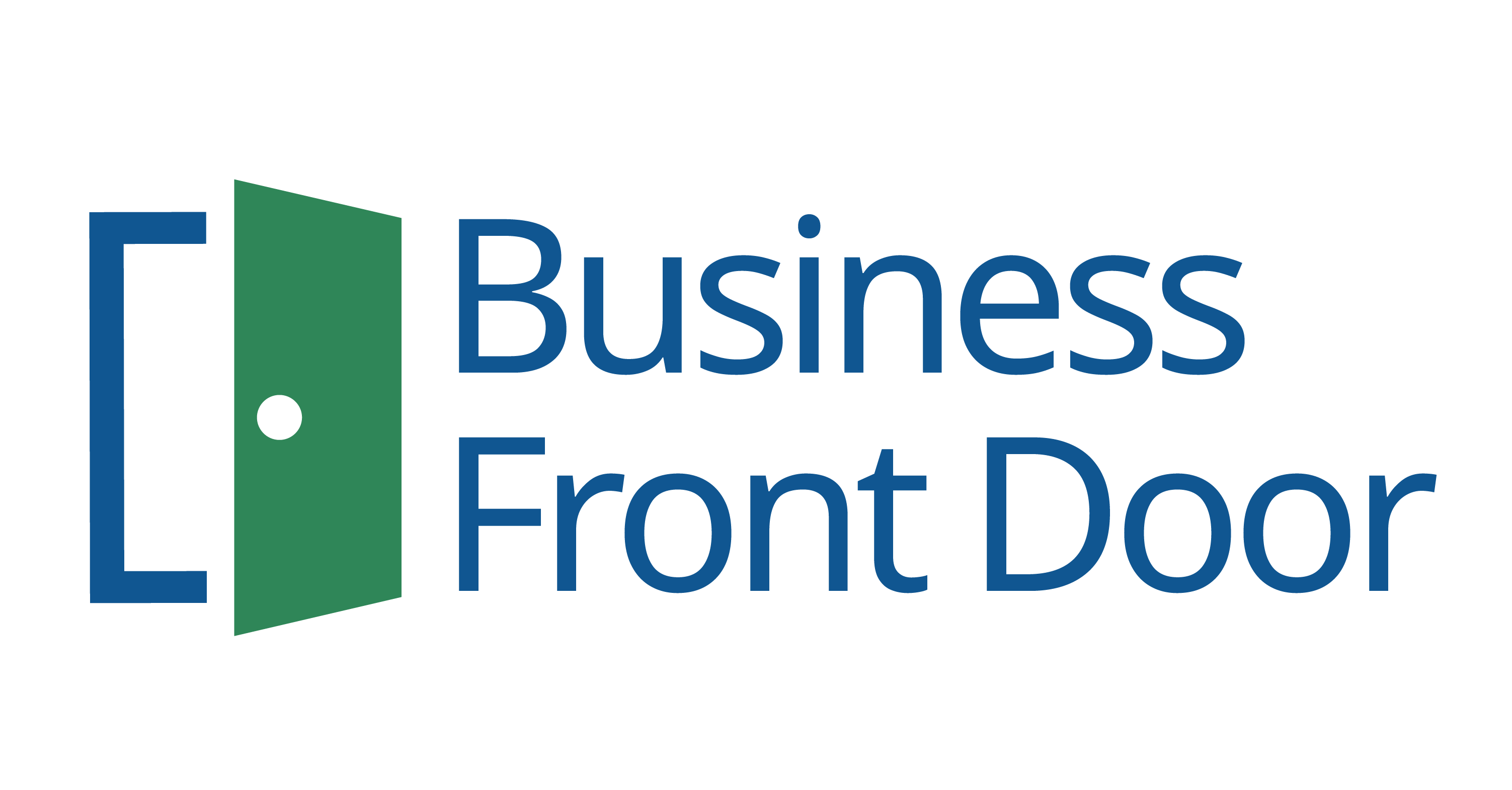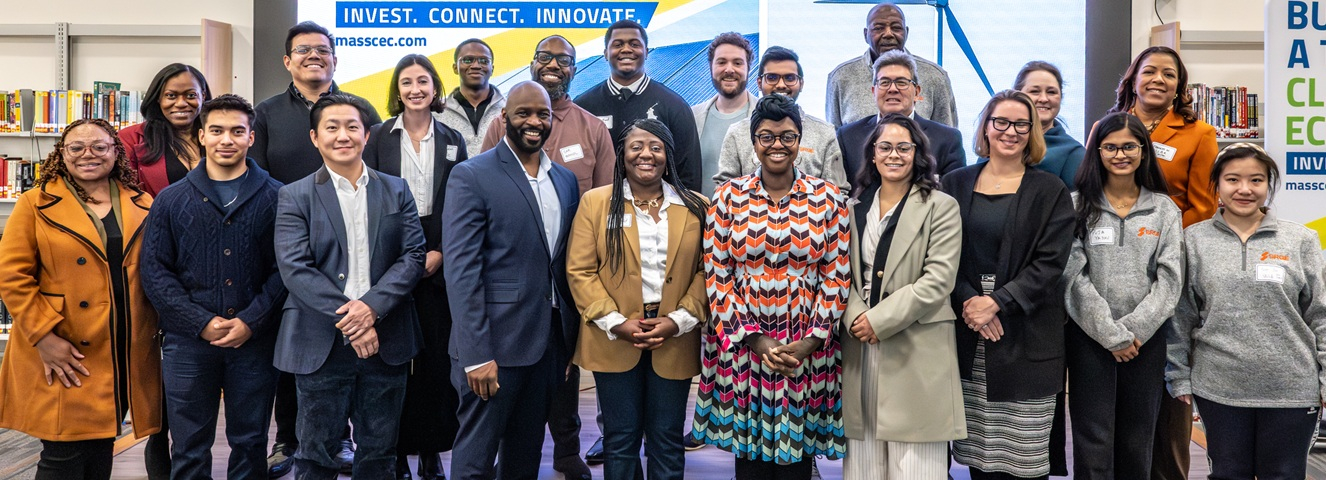
The Challenge: Overcome Barriers Facing Underrepresented Businesses Entering and Growing in the Clean Energy Sector
By 2030, the clean energy workforce is projected to grow by 34%, or more than 34,000 workers, to meet the state’s climate goals. New and expanding underrepresented businesses focused on the design, manufacture, installation, and maintenance of clean energy and decarbonization projects are crucial to meeting the Commonwealth’s climate goals. These businesses put climate solutions into practice, foster environments that attract and support a diversified workforce, and pave the way to an equitable energy transition for environmental justice communities. Unfortunately, most underrepresented businesses face barriers to entry and growth. Regardless of sector, underrepresented businesses are denied access to capital at a much higher rate, face selection bias for projects, and often start with less personal wealth and social capital—all of which exacerbate the challenges that all businesses face during their start-up and early growth phases.
About CUBS Grants
Climate-Critical Underrepresented Business Support (CUBS) Grants provide up to $800,000 in grant funds and technical support to applicants to support the expansion of services through a regional “Hub and Spoke” model.
This model provides accessible and uniform support through regional Hubs that will offer a suite of baseline core services designed to help underrepresented businesses become “business ready” to bid successfully on clean energy procurements. Spoke partners will offer complementary or additional services designed to enhance Hub services and further help underrepresented businesses pivot and grow in the clean energy sector.
This funding is not intended to benefit a single underrepresented business. Successful applicants propose projects that address barriers faced by underrepresented business, tackle both supply and demand needs, provide comprehensive wraparound services for individuals participating in the program, leverage existing support systems, and establish a robust cross-referral system between Hub and Spoke partnerships.
- Strand A: Hub: Up to $800,000
- Strand B: Spoke: Up to $400,000
- Strand C: Mass Save® Contractor Development Pathway Spoke: Up to $400,000
- Strand D: Planning and Capacity Building: Up to $150,000
January 16, 2026
April 17, 2026
Funding Schedule
CUBS grants are offered on an annual basis.
Process Step |
FY26 Timing (tentative) |
|---|---|
RFP Release |
December 1, 2025 |
Questions Due to MassCEC via rfpworkforce@masscec.com |
Rolling through March 31, 2025 |
Questions with answers posted to MassCEC Website |
Rolling through April 6, 2026 |
Pre-Application Webinar |
Wednesday, December 10, 2025 at 2 pm |
Pre-Application Office Hours |
|
Proposals Due |
Deadlines: January 16, 2026, 11:59 PM April 17, 2026, 11:59 PM |
Interviews of Applicants (as needed) |
TBD |
Notification of Award |
Applicants who submit by January 16, 2025 will be notified by April 2026 Applicants who submit by April 17, 2026 will be notified by July 2026 |
Who's Eligible
Organizations, or a partnership/team, are eligible to apply and are collectively termed “Applicants”. If multiple parties are jointly applying, one party should take on the role of leading the application team “Lead Applicant”. If a single organization is applying for this opportunity, that organization would also be the Lead Applicant.
- Non-profit organizations including Chamber of Commerce organizations, trade associations, clean energy incubators/accelerators, environmental justice organizations, and organizations representing tribes
- Academic institutions or government agencies with a business support program
- For-profit entities such as clean energy installers, energy efficiency, or home performance contractors, technical or workforce training organizations, financial institutions or other clean energy practitioners
Additional eligibility requirements:
- Lead Applicant must have a Massachusetts office or staffing and must be able to submit a Certificate of Good Standing (COGS).
- Applicants are not required to have experience in clean energy or climate-critical business fields.
- Applicants who have received prior funding or are pursuing separate funding opportunities from MassCEC are eligible to apply for this funding so long as the proposed work is sufficiently distinct and does not lead to the same project being funded.
- This funding is not intended to benefit a single underrepresented business, but instead is intended to support the establishment and growth of a regional Hub and Spoke model that helps underrepresented businesses grow and excel in climate-critical business sectors.
For full program details, please refer to the CUBS RFP.
Apply
Application Process
The solicitation has four strands, which are described in the FY26 CUBS Request for Proposals (RFP). Spoke Strands B and C have common application materials, provided below. Applicants applying under multiple strands must submit a separate application for each strand.
Applicants may submit multiple applications if proposing partnerships in distinct regions, different programmatic approaches, or separate work with different partners. Please refer to the RFP for more information.
Proposals should be emailed to CUBSBusinessSupport@masscec.com by 11:59 pm on the deadline date, with "CUBS Grant Application” in the subject line.
Strand A
Strands B and C
Strand D
Send completed application to: CubsBusinessSupport@masscec.com
Pre-Application Office Hours
MassCEC hosts a series of office hours (one-hour blocks) to answer questions about all open Workforce Development grant opportunities. Join anytime during the one-hour block!
Pre-Application Webinar
On December 10, 2025 MassCEC held a pre-application webinar for the 2026 Climate-Critical Underrepresented Business Support Grant funding opportunity. The webinar addressed eligibility, budget, and the application process.
Other Resources
MassCEC will look favorably on applications that propose data-driven approaches and leverage pre-existing resources from the robust workforce development and clean energy sectors in the Commonwealth of Massachusetts. Applicants are advised to use to use Powering the Future: A Massachusetts Clean Energy Workforce Needs Assessment, along with the following additional resources to inform their applications:
Labor Statistics
Clean Energy Sector
Powering the Future: A Massachusetts Clean Energy Workforce Needs Assessment
MassCEC Clean Energy Industry Report
MassCEC Clean Energy Careers Training and Education Directory
Massachusetts Clean Energy and Climate Plan for 2050
Mass Save Massachusetts Energy Efficiency Workforce Development Needs Assessment

Small Business Enterprises/MWBEs
We're excited that you're learning about one of our programs! Please also use Massachusetts' Business Front Door service, which suggests additional state resources every step of the way as your company grows.
Recently Awarded Projects

Round 2, Capacity Grant
Activate Global is exploring how to enhance the existing Activate Fellowship program to better serve MWBEs through a Diversity Needs Assessment and Program Audit
Round 2, Planning Grant
Beacon Climate Innovations is developing a plan to provide MWBEs upskilling, procurement and bid preparation experience, and contract opportunities through the development of Community Clean Energy Resilience Hubs.
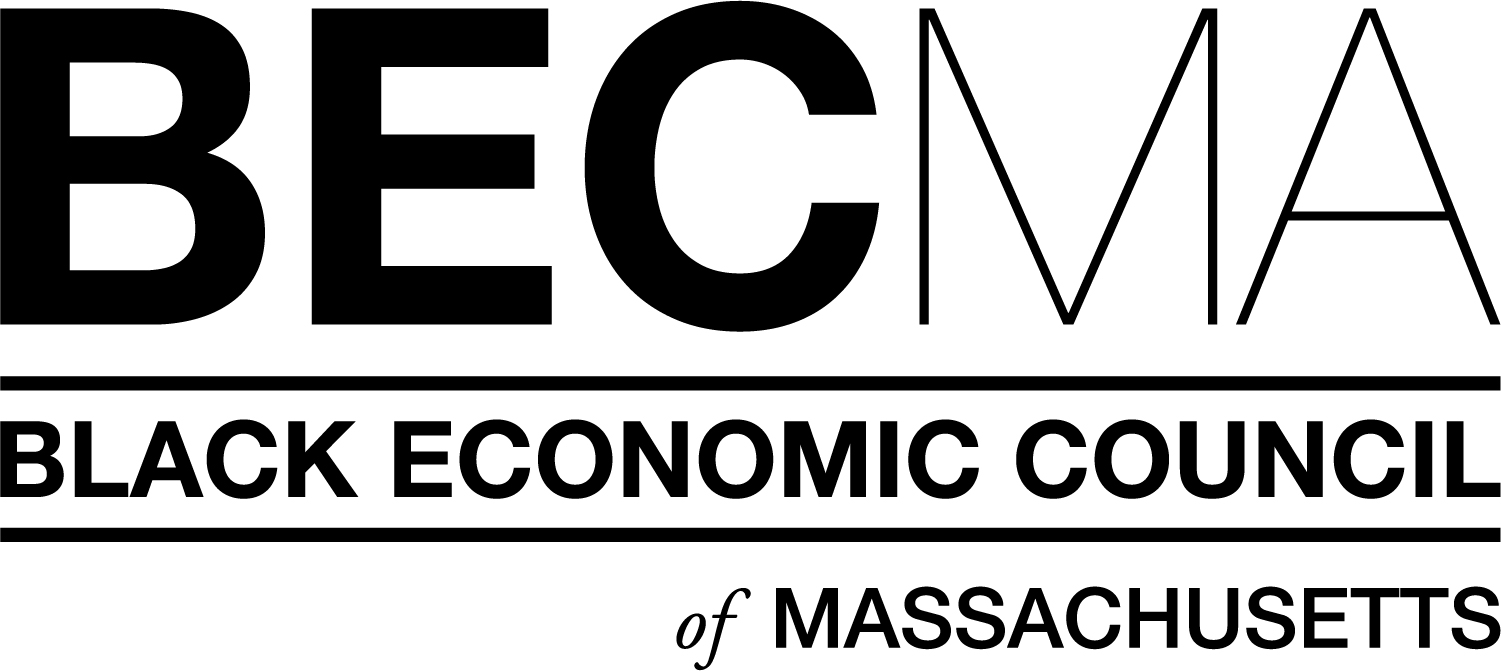
Round 1, Planning Grant; Round 2, Implementation Grant
Round 1: Black Economic Council of Massachusetts (BECMA) is expanding their Electric Vehicle (EV) Kickstarter program to areas outside of Boston, helping MWBEs identify business opportunities in EV space as retailers, owner-operators, installers, and maintenance providers.
Round 2: BECMA is expanding its state-wide Electric Vehicle Supply Equipment (EVSE) initiatives to guide more Black-owned businesses into the EV space and offer support through its Back Office Support Services (BOSS) and Vendor Advisory Council (VAC) programs.
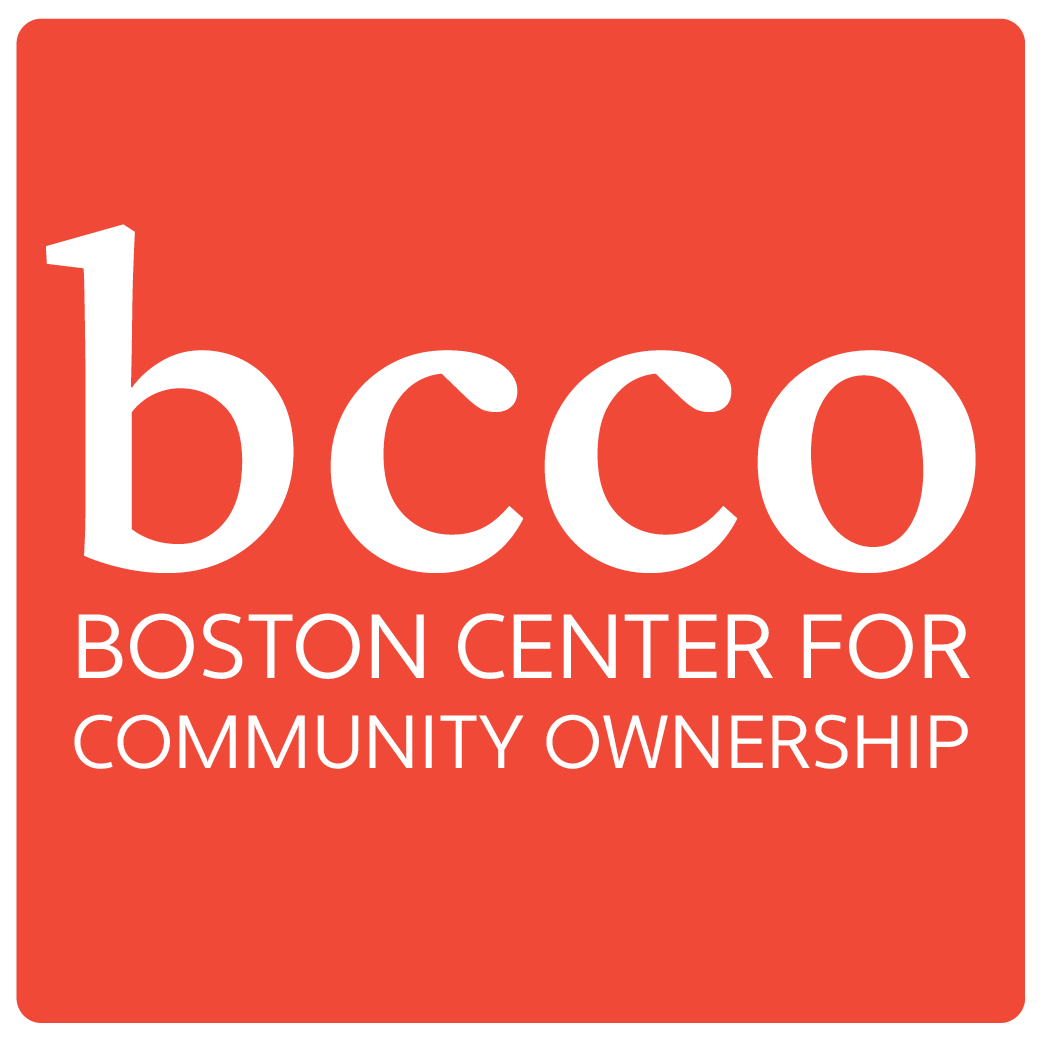
Round 2, Capacity Grant
Boston Center for Community Ownership (BCCO) is developing a plan to adapt existing support programs for worker cooperatives to assist MWBEs seeking increased opportunities in the high-performance building sector.
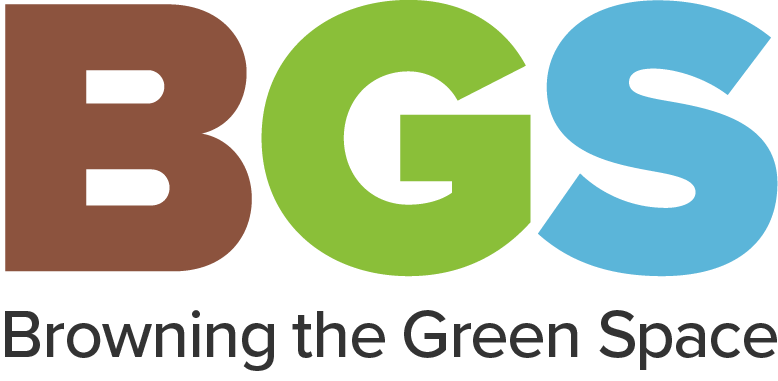
Round 1, Implementation Grant
Browning the Green Space will create more MWBEs by expanding the Accelerating Contractors of Color in Energy for Sustainable Success (ACCESS) program. ACCESS is an 8-week contractor boot camp for aspiring energy efficiency and renewable energy business owners that provides curated consulting, coaching, connections, mentorship, and access to capital.
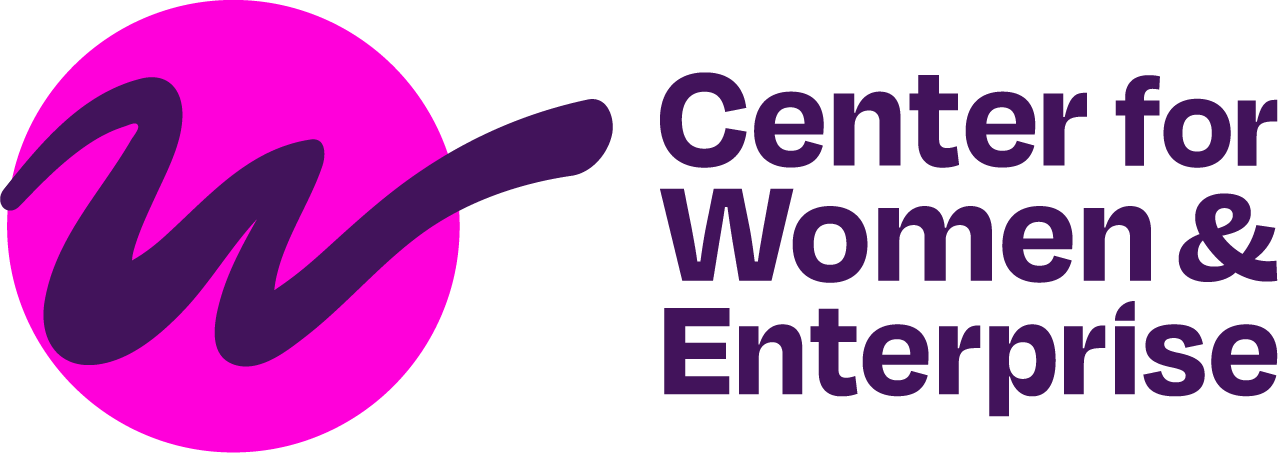
Round 1, Planning Grant; Round 2, Implementation Grant
Round 1: Center for Women and Enterprise is providing educational materials, professional development support, and back-office services necessary for early MWBEs to thrive in the climate-critical building sector.
Round 2: CWE is developing the Clean Energy Business Support Center, expanding on their proven suite of MWBE programs to assist MWBEs entering the high-performance building sector through certification.
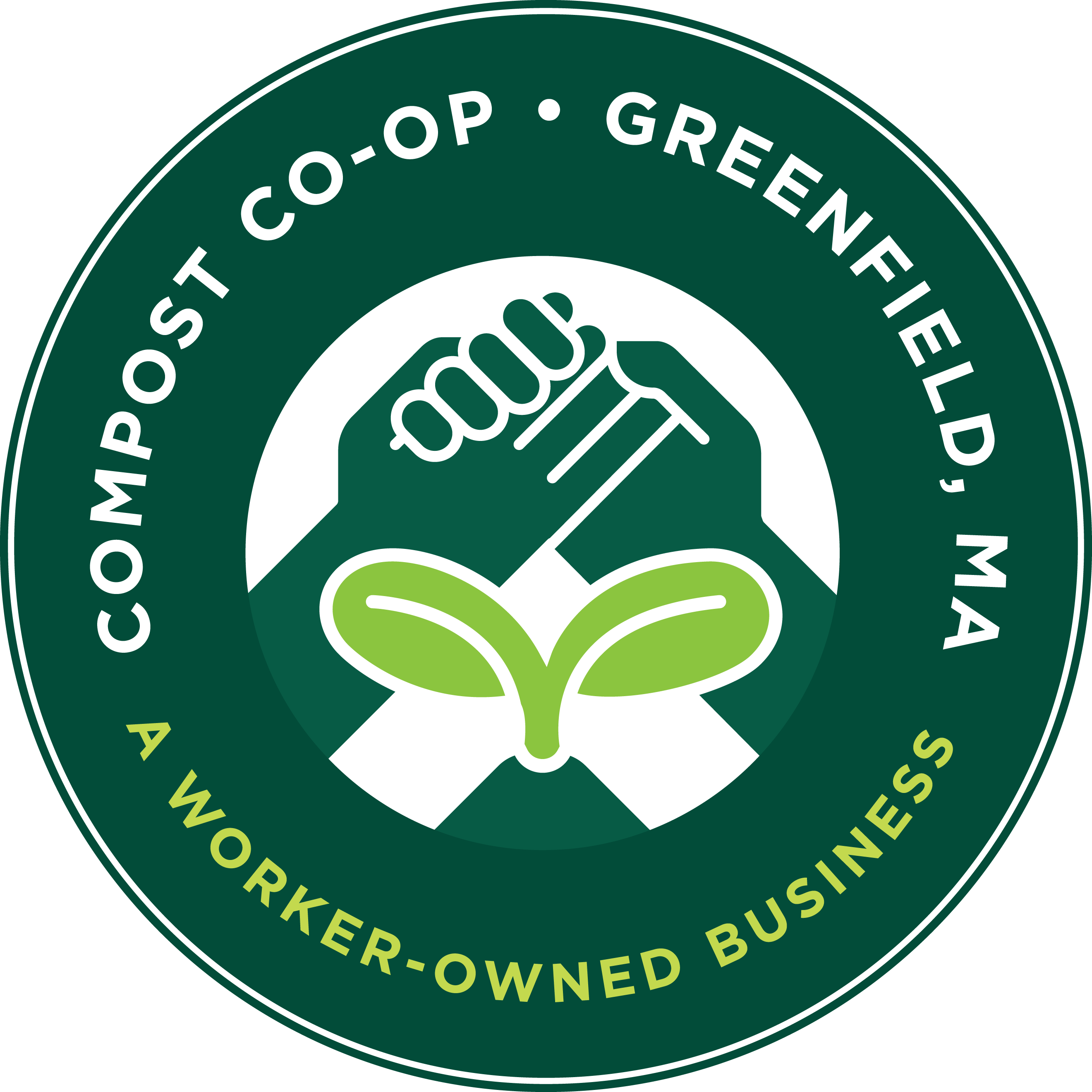
Round 1, Planning Grant
The Compost Co-operative is expanding their employee ownership to a spin-off business model targeting BIPOC/female returning citizens as a template for other women returning from prison. They are also exploring connecting with other state programs to allow more formerly incarcerated women to use and participate in this business model.

Round 1, Implementation Grant
Emerald Cities Collaborative will recruit MWBE contractors in the Pioneer Valley, train on decarbonization work, connect to pipelines of work, provide networking opportunities, and facilitate connections to working and equity capital.
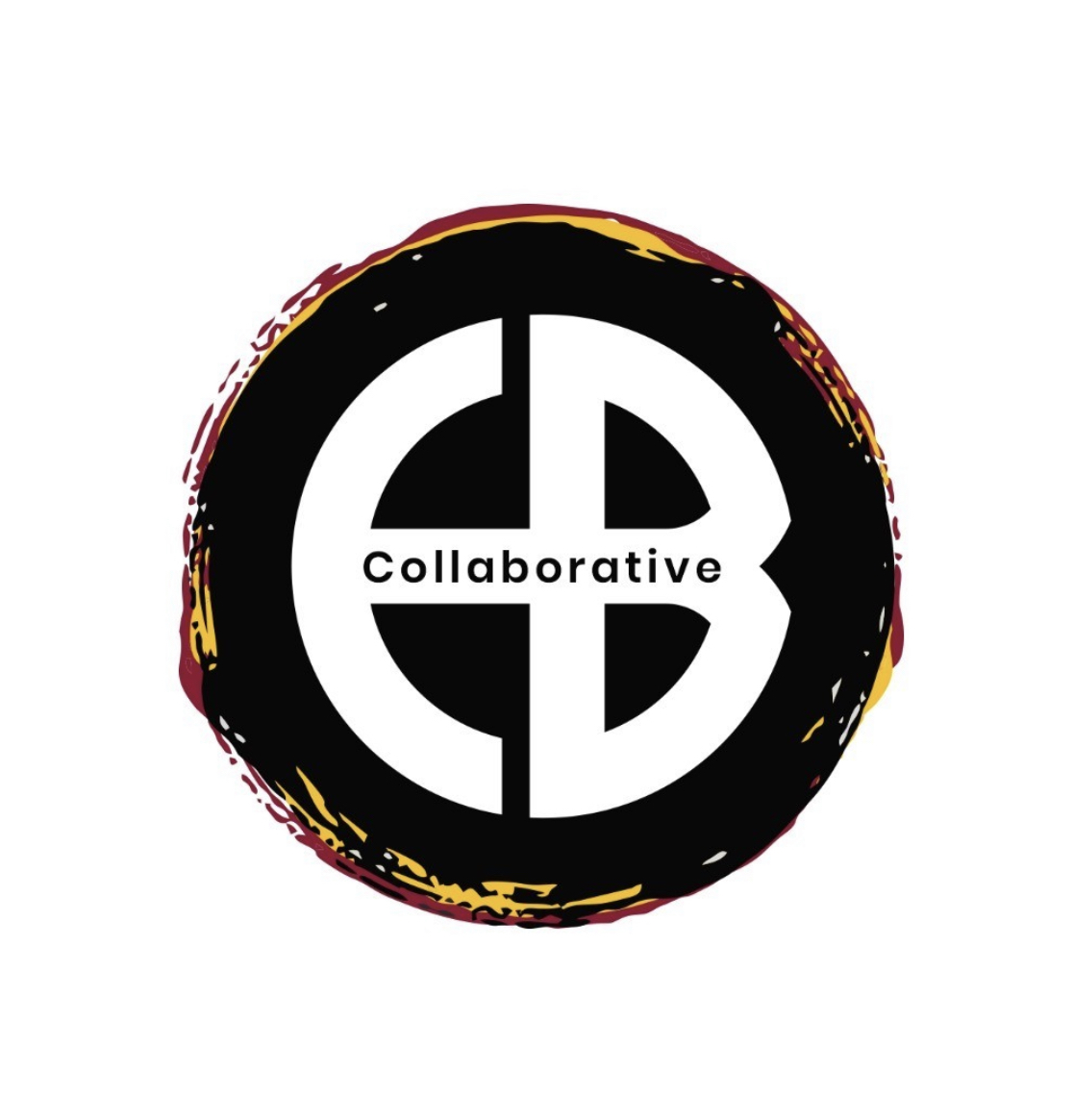
Round 2, Implementation Grant
Entrepreneurial & Business Collaborative (EBC) is providing comprehensive support to MWBEs in Western Massachusetts through two distinct programs - an 8-week Consolidated Accelerator Program and a 12-month Comprehensive and Inclusive Support Program.
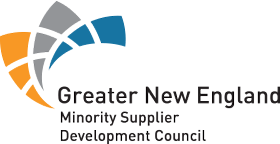
Round 1, Implementation Grant
Greater New England Minority Supplier Development Council (GNEMSDC) will help MWBEs become aware of opportunities to obtain contracts in climate critical areas, build their financial and intellectual capital and provide MWBE certifications, leveraging grants from the U.S. Department of Commerce.

Round 1, Implementation Grant
Greentown Labs will operate the accelerator program, Advancing Climatetech and Clean Energy Leaders (ACCEL) to accelerate high-growth, tech innovation–based MWBE startups towards investment, partnerships, and customers.

Round 1, Planning Grant; Round 2, Implementation Grant
Round 1: Northeast Sustainable Energy Association (NESEA) is exploring how to provide MWBEs with access to the NESEA Green Building community through the expansion of their BuildingEnergy Bottom Lines, a business development program which operates as a peer coaching network with professional facilitation
Round 2: NESEA is launching BuildingEnergy Access, expanding on its existing BuildingEnergy Bottom Lines program, a unique network of business owners in the high-performance building sector dedicated to sustainability in the built environment.
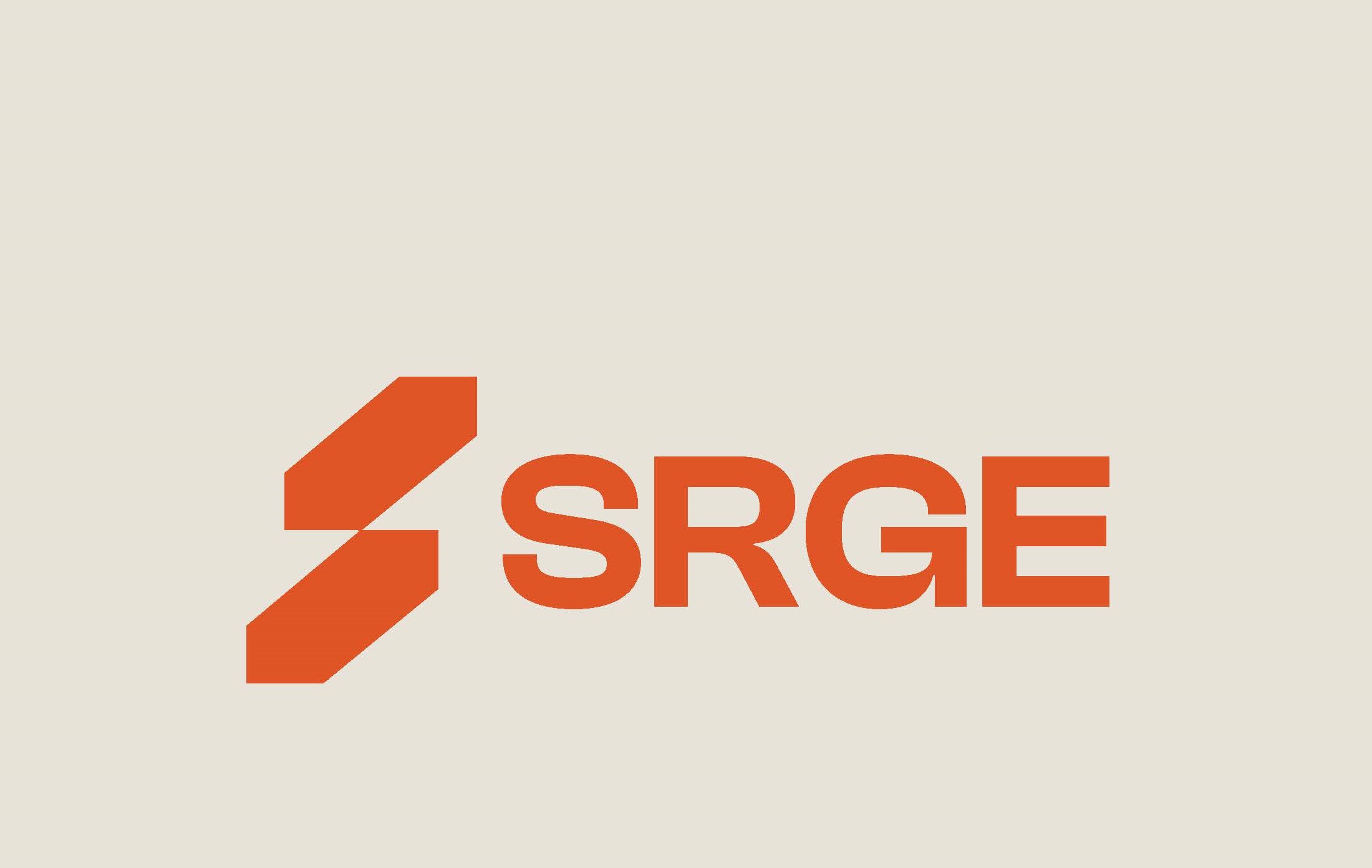
Round 1, Planning Grant; Round 2, Implementation Grant
Round 1: SRGE, a construction equity accelerator, is supporting the expansion of larger BIPOC construction, electrical, and mechanical contractors through the Construction Incubator program for EV charging station installation, high-performing mechanical systems, and energy retrofit building projects.
Round 2: SRGE is guiding emerging BIPOCQ+ led construction companies in the clean energy sector through the typical eighteen month bid process in the high-performance building sector to obtain contracts and to enable participating MWBEs to build capacity within their companies, access capital, and network in the clean energy sector.
Frequently Asked Questions
New questions will be accepted on a rolling basis until March 31, 2026. Answers will be posted on or about the second Tuesday of each month. Submit questions to CubsBusinessSupport@masscec.com.
1. What requirements determine if an entity is better suited as a Hub or a Spoke?
An applicant’s staffing capacity, services, and strategic focus may determine whether it is best suited to apply with a Hub or a Spoke application. Hubs serve as the primary public-facing, regional point of entry for underrepresented businesses in their designated region. Hubs will offer regional coordination for outreach, intake, communication, and coordination of service referrals between Hub and Spokes, as well as provide a comprehensive suite of core business-support services to support businesses to become “business ready” and “contract ready.” Spokes play a specialized and complementary role in addressing sector-specific or population-specific barriers faced by climate-critical underrepresented businesses. Spokes design customized, high-touch interventions that accelerate business readiness and procurement success in defined climate-critical sectors. See RFP Section 3 “Program Goals and Description” for detailed explanation of expectations and roles.
2. If our organization is not ready to implement a CUBS program, can we apply for a planning or capacity grant?
Yes, the 2026 RFP solicitation includes funding of $20,000.00 to $150,000.00 under Strand D for planning and capacity proposals. These grants are intended to support organizations building readiness to implement a future Hub or Spoke or to pilot a discrete component of CUBS-aligned business support. Applicants should clearly describe how planning or capacity initiatives will position the organization for future implementation or scaling within the Hub and Spoke ecosystem. Additionally, MassCEC may elect to award a Planning or Capacity Grant if the Hub or Spoke proposal does not yet demonstrate sufficient scope, readiness, or infrastructure to justify full implementation funding.
3. If our organization has received prior funding from MassCEC’s MWBE Support Grants or other RFPs, are we eligible to apply to this RFP?
Yes, organizations that have received prior funding from other MassCEC Workforce Development RFPs are eligible to apply, as long as proposed work is separate and distinct from currently funded efforts. To be considered competitive, organizations that have received prior MWBE Support Grants must demonstrate successful outcomes and align to baseline services and requirements such as regional coordination expectations, data reporting, sectoral procurement navigation, and cross-referral responsibilities required by the CUBS Hub and Spoke model.
Additional Funding Opportunities
Equity Workforce Training Implementation Grants
- Career Pathway Training: up to $1,200,000
- Career Preparedness: up to $600,000
- Planning or Capacity: up to $50,000 or $150,000
- December 10, 2025
- February 18, 2026
- May 1, 2026
Climate-Critical Workforce Training, Equipment & Infrastructure Grants
- Career Pathway Training: $800,000
- Climate-Critical Upskilling: $600,000
- Equipment, Infrastructure and Training Ecosystem Support: $750,000
- Capacity for Climate-Critical Educators and Trainers: $400,000
- December 10, 2025
- February 18, 2026
- May 1, 2026
Students and Young Adults Career Awareness and Training
$600,000
Priority: January 15, 2026
Final: April 10, 2026
